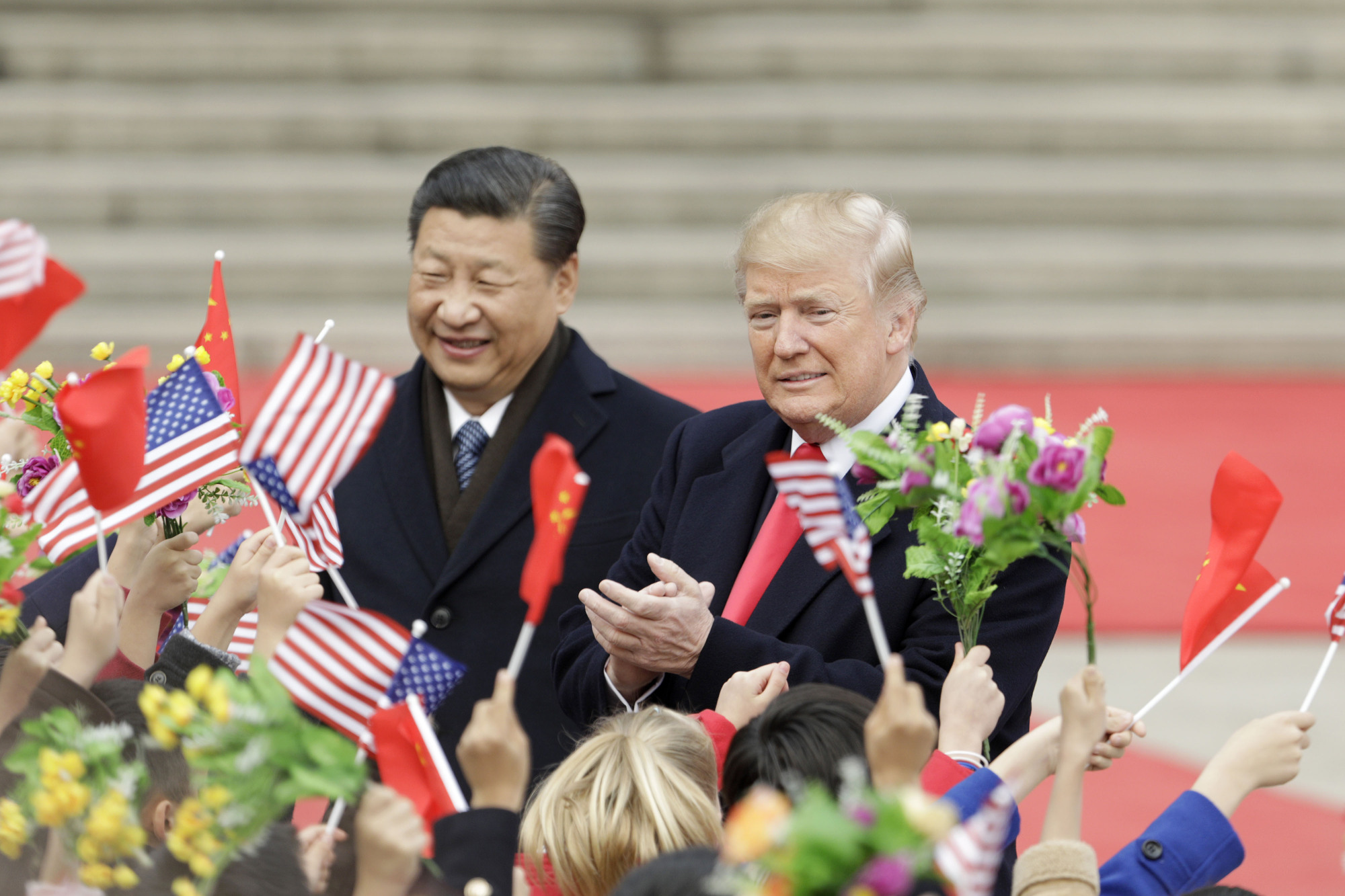One of the remarkable things about the Donald Trump era is how significantly the American conversation about China has changed.
As recently as 2016, Barack Obama argued that a weak China that could not contribute to solving global problems was more dangerous than a strong and potentially aggressive China. The Trump administration, by contrast, has identified China as the biggest long-term threat to geopolitical and geoeconomic interests of the United States. Trump himself has labeled Beijing an implacable economic competitor even as he has occasionally tried to buddy up to Chinese President Xi Jinping.
In sum, only a few years ago, China was seen primarily as a difficult but essential partner, one that might yet be co-opted into supporting the U.S.-led international system. Today, it is more often described primarily as a destabilizing revisionist power.

















With your current subscription plan you can comment on stories. However, before writing your first comment, please create a display name in the Profile section of your subscriber account page.